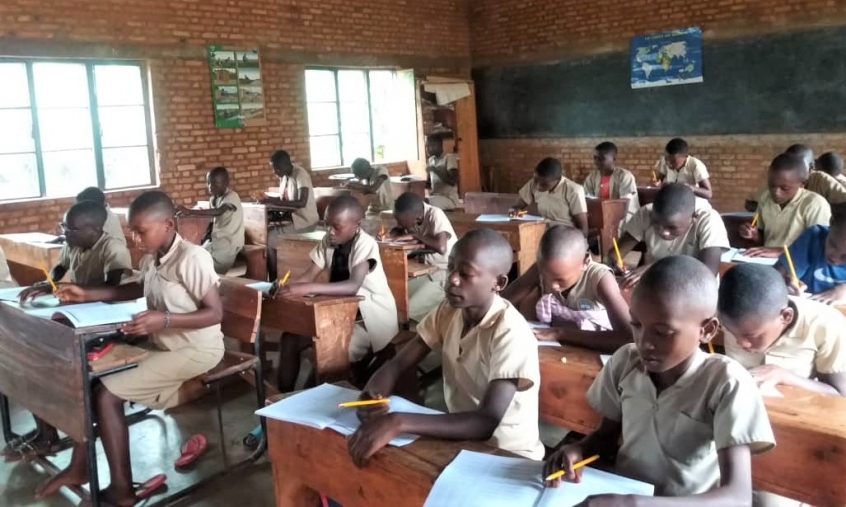The IEA Rosetta Stone project is based on a strategy to measure global progress toward the UN Sustainable Development Goal (SDG) for quality in education (4.1) by linking regional assessment results to the TIMSS and PIRLS International Benchmarks of Achievement. As a first step, the Rosetta Stone Project was administered independently with both the Program for the Analysis of Education Systems of Confemen (PASEC) studies in Africa and the Comparative and Explanatory Study (ERCE) of the Latin American Laboratory for Assessment of the Quality of Education (LLECE) studies in Central and South America.
The Rosetta Stone PASEC project re-administered both the PASEC assessment from 2019 and a subset of TIMSS and PIRLS items, called the Rosetta linkage instruments, which were carefully designed to allow for the statistical linking of the two assessments. The Rosetta PASEC project, which took place in 2020 – despite the challenges presented by administering a novel study during the COVID-19 global pandemic – successfully gathered data from three countries which administered the 2019 PASEC in Sub-Saharan Africa: Senegal, Burundi, and Guinea. Data from both PASEC and the Rosetta linkage instruments was entered in-country and sent to the IEA for processing between fourth quarter 2020 and first quarter 2021. The IEA Hamburg harmonized the data and created usable datasets following the IEA conventions, which were shared with the TIMSS & PIRLS International Study Center at Boston College, who will perform the data linkage steps.
The final product of the collaborative work (expected in summer 2021) will be a concordance table, developed by the TIMSS & PIRLS International Study Center at Boston College and based on the psychometric properties of the PASEC and Rosetta Linkage items. The purpose of the concordance tables is to link the percentage of students reaching international TIMSS/PIRLS benchmarks with certain proficiency levels in PASEC. This will be applicable for all countries participating in PASEC, not just the three countries who participated in the Rosetta Stone Project.
Similar results and concordance tables are also planned for the Rosetta Stone ERCE project.

